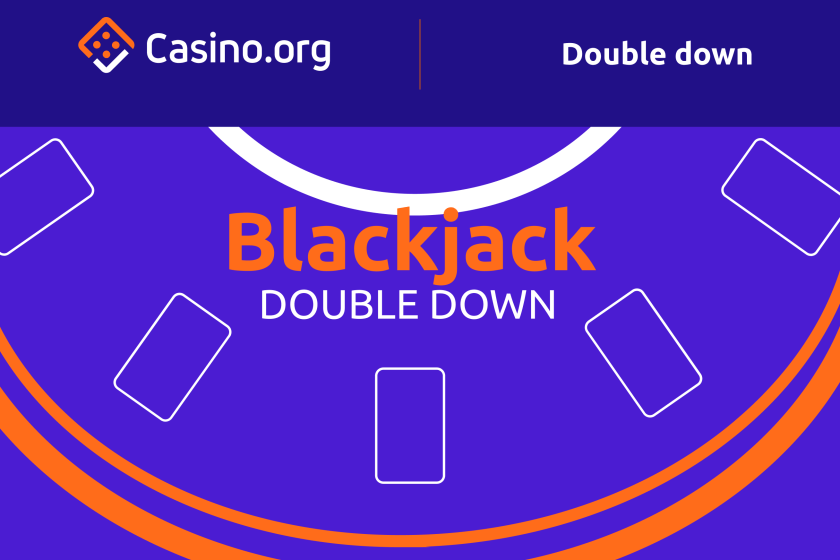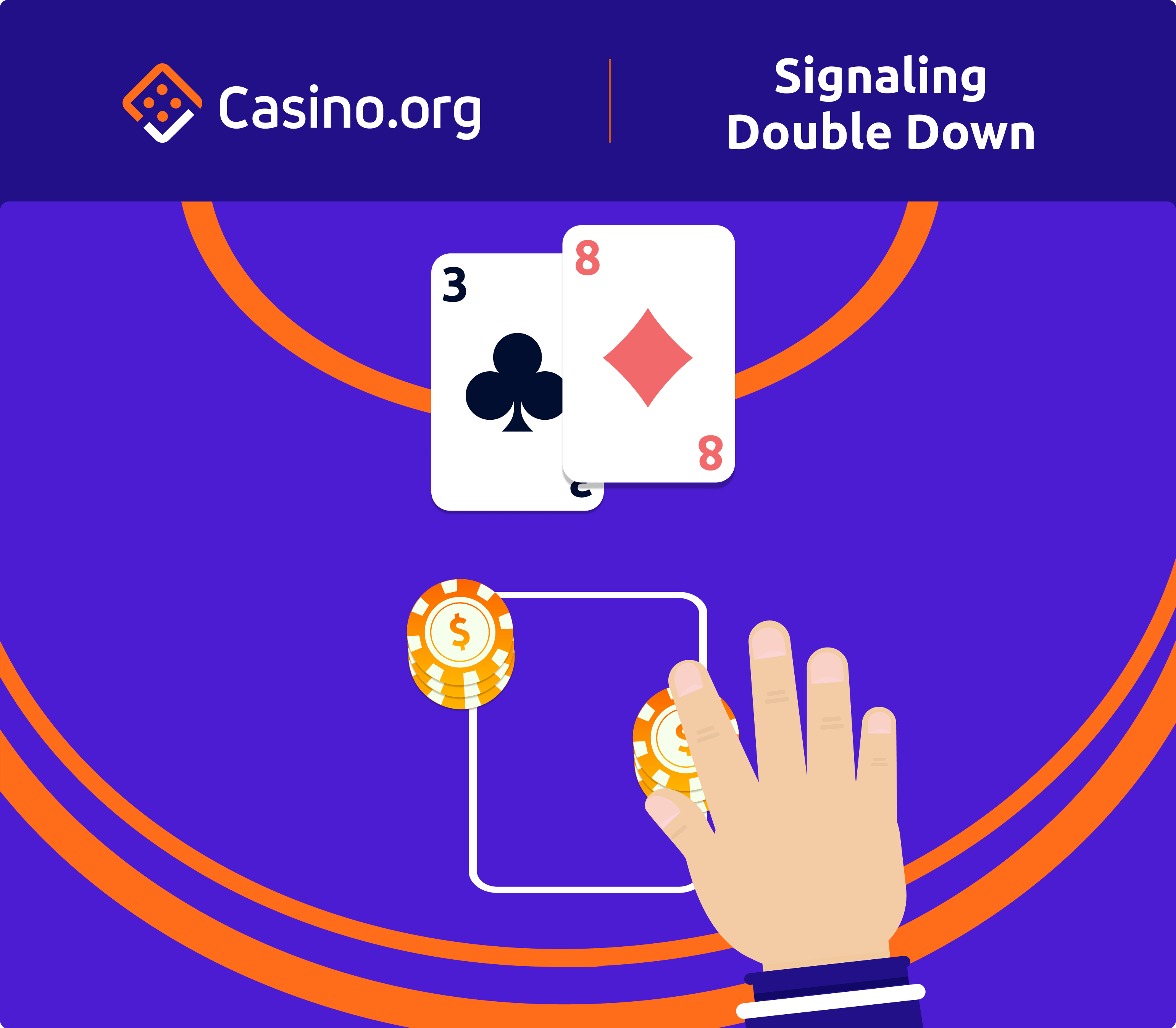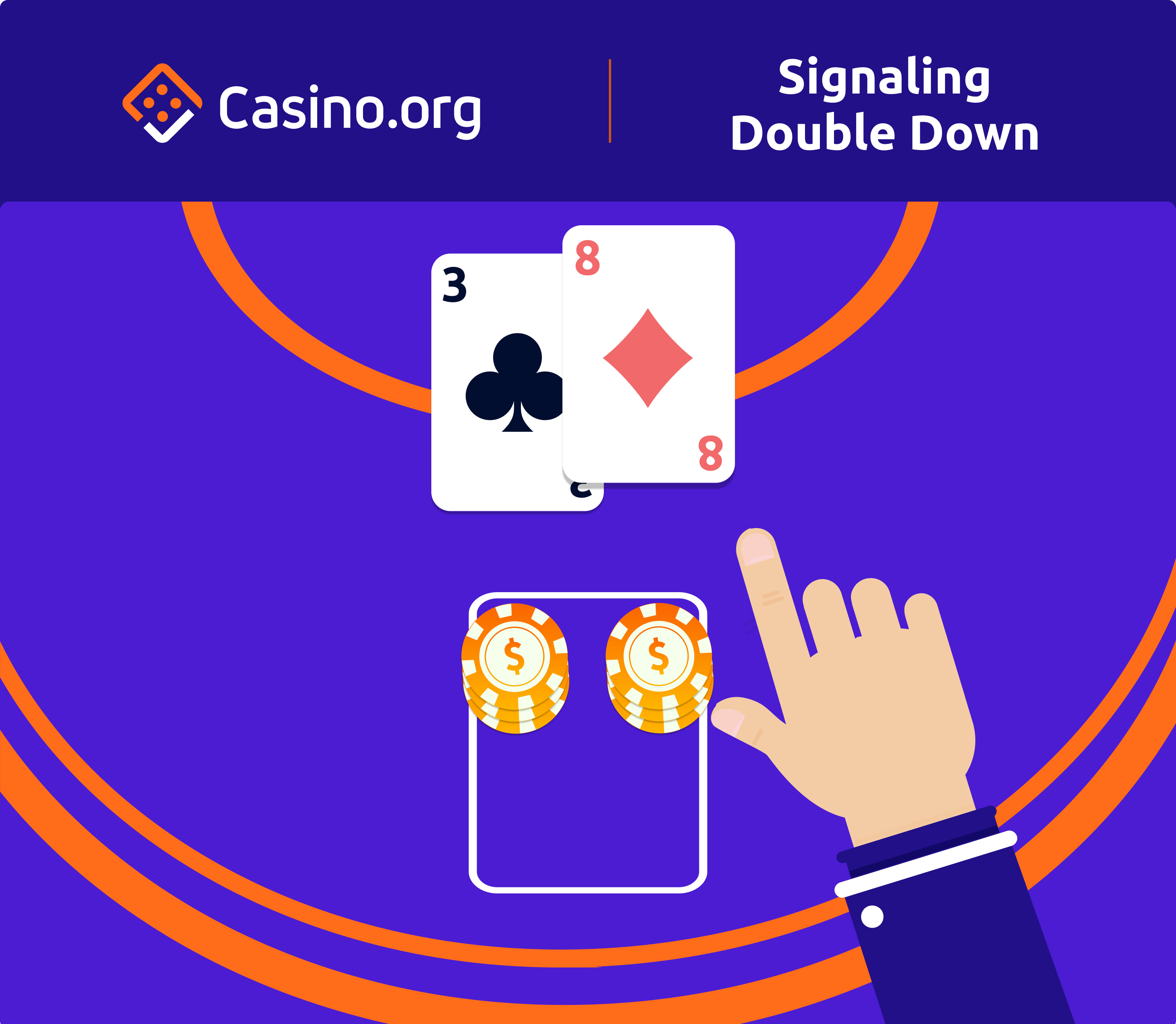Mastering the Blackjack Double Down: When to Make the Move (and When to Avoid It)

What You’ll Discover in This Guide
This comprehensive resource will teach you:
- The core principle and rules behind doubling down in blackjack.
- The best scenarios to maximize your profits with a double down.
- Common errors to steer clear of when considering this strategy.
- How casino-specific rules can impact your gameplay choices.
- Adapting your approach depending on your own cards and the dealer’s visible card.
Understanding the Double Down Bet in Blackjack
In blackjack, the option to double down allows you to boost your original wager after receiving your first two cards. Once you decide to double down, you’ll double your bet, but in return, you commit to drawing just one more card-no additional hits are permitted. This move can be highly rewarding if executed with the right hand, though the risk is clear: a weak third card leaves you with no path to improve, putting twice your chips on the line.
The challenge is to weigh when the reward outpaces the risk, so you’re only leveraging this strategy when your odds of coming out ahead are strongest.
Optimal Times to Double Down in Blackjack
Timing is everything when considering a double down. These classic scenarios typically offer the best value for this high-stakes approach:
- Your initial total is 11: With two cards totaling 11, any face card or a 10 gets you to 21, and even lower cards leave you with a competitive hand.
- You hold a soft 16, 17, or 18 (Ace plus a lower card): If the dealer’s upcard is weak (usually between 2 and 6), capitalizing on your flexibility with the Ace can turn the odds in your favor.
- Your hand is a hard 9 or 10 (no Ace included): This becomes a powerful double down opportunity if the dealer is showing a lower-value card. Hitting a high card gives you a major edge.
Remember, while the double down doesn’t guarantee a win on every hand, using it correctly over time can significantly increase your overall return.

Scenarios Where Doubling Down Is a Bad Idea
There are some situations where trying to double your stake can backfire:
- The dealer shows an Ace: The risk is too high, as the dealer is well positioned for a blackjack or a strong hand.
- Your cards total more than 11: Doubling down in this case greatly increases your odds of busting, negating any advantage.
- You’re uncertain about the correct move: If you’re on the fence, it’s smarter to err on the side of caution-experienced players double down only when conditions are strongly in their favor.
Players who frequently double down on marginal hands usually end up risking more than they gain.
Signaling a Double Down at the Blackjack Table
If you’re ready to double down during a live blackjack game, the standard way to show your intention is to place an additional stack of chips-matching your original bet-beside your existing wager. Banks prefer you don’t stack chips on top of your initial bet to avoid confusion and maintain clear gameplay.

If, for some reason, this visual cue isn’t clear enough to the dealer, you can also verbally announce "double down" and indicate you want only one more card. Simplicity is key.
Tip: Always place the new chips to the side of your original bet, not on top.
What to Check Before Doubling Down: Rule Variations and Table Limits
Prior to committing, scan the table rules-these can significantly alter your double down opportunities:
- Some casinos permit doubling down only on totals of 10 or 11; others might allow it on any two cards.
- Pay attention to the rules about the dealer’s play-does the dealer hit or stand on soft 17? The more restrictive the rule for the house, the better your chances.
- Understand when the dealer checks for blackjack. If the dealer confirms no blackjack before player actions, it reduces the chance of losing an enlarged bet to an automatic loss.
Carefully reading these nuances can help you avoid making a costly misstep with your double down.
Frequently Asked Questions About Double Down Decisions in Blackjack
Can you double down after splitting?
Generally, doubling down after a split is not allowed in most casinos, but some online sites offer this option. If permitted, apply the same judgment as you would on any regular hand.
Is it possible to double down after hitting?
In standard blackjack, this is not allowed. Allowing a double down after a hit would skew the odds too favorably for the player.
Should you always double down on 11?
Doubling on 11 is a staple strategy, especially when the dealer is showing a low or mid-value upcard.
Is doubling down on 10 a good move?
Doubling down on 10 can be rewarding, particularly if the dealer's card is 6 or lower. Avoid this if the dealer holds an Ace or a face card.
How many additional cards do you receive when doubling down?
You can only draw one more card after doubling down. This limitation makes decision-making crucial.
Can you double down on 21?
No-if your initial two cards total 21 (a natural blackjack), you instantly win, and there is no option to double down further.
Conclusion: Become a Blackjack Double Down Pro
Doubling down is one of blackjack's most rewarding strategies, but only when timed perfectly and used with discipline. By recognizing the strongest opportunities, understanding your table’s rules, and signaling clearly, you can make your blackjack sessions both profitable and enjoyable. For advanced tips, dive into more strategy guides or try out some practice hands before risking real money.
Ready to take your game further? Keep learning, practice often, and may your double downs land you closer to 21!













